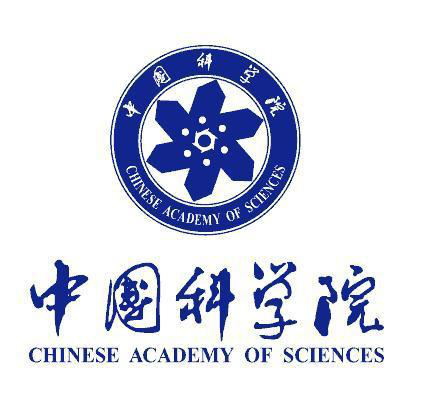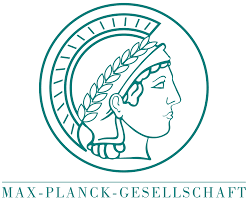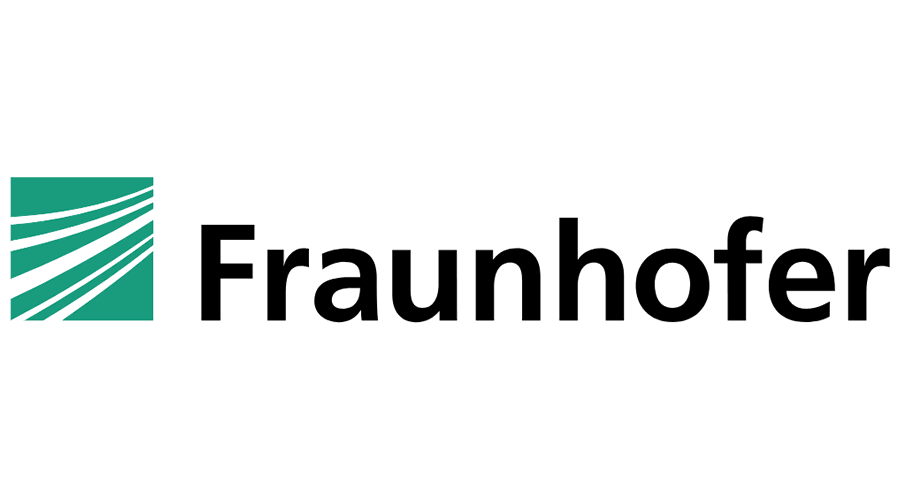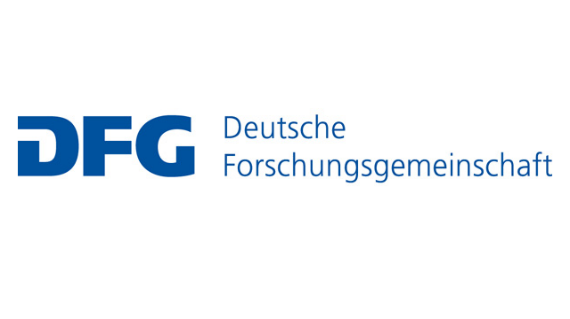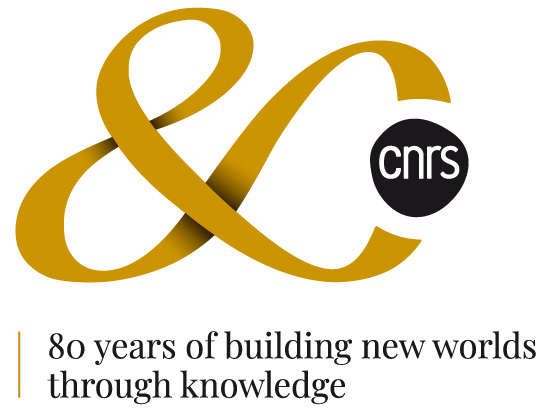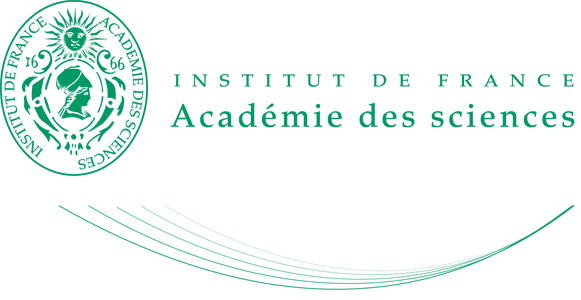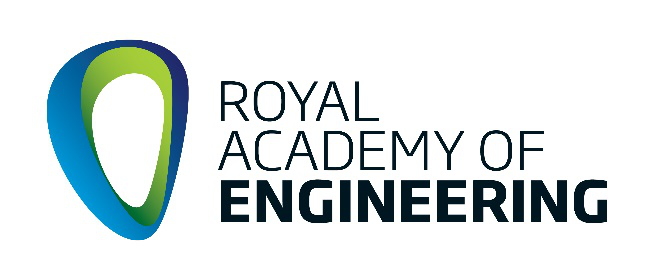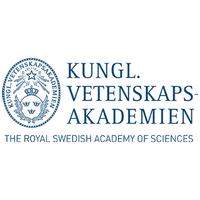ARTICLES OF ASSOCIATION OF MEMBERS ABOUT ACADEMY OF SCIENCES
(Approved by the first meeting of the academic committe in 2019-2020, second department conference, first revision)
(Approved by the first meeting of the academic committe in 2019-2020, second department conference, first revision)
CHAPTER 1 MEMBER OF THE ACADEMIC DEPARTMENT
Article 1: Academic committee (members for short), shall be the highest academic title in the field of science and technology established by the Academy of Sciences and shall be a lifelong honor.
Article 2: The duties & rights of members.
Actively promote the research, development and application of Science and Technology, strive for innovation and achievements, advocate scientific moral, maintain scientific spirit, carry forward fine style of study, popularize scientific knowledge and play an exemplary role, actively train talents and promote the construction of scientific and technological personnel. Participate in the committee meetings and undertake the consultation and evaluation tasks organized by NASS; actively promote international exchanges and cooperation in the field of Science and Technology. They have the right to make recommendations on major scientific and technological issues; they have the right to recommend for election to the candidate for committee and foreign candidates for committee; and they have the right to vote and stand for election.
Article 3: In order to maintain the health of the elderly members, a senior member system is implemented among the members, academicians over the age of 80 years shall be awarded the title of Senior Member of NASS. The senior members shall continue to enjoy the rights and obligations stipulated in Second and shall be entitled to the allowance for senior members, but they shall not hold any leading post, such as a member of the standing leading body of the General Assembly of the committee or a member of the standing committee. They shall not participate in the recommendation and election of candidates for election as a member or a foreign member, and shall be free to participate in the committee meetings.
CHAPTER 2 ELECTION OF MEMBERS
Article 4: Criteria and conditions for Academic Committee Members.
Scholars and experts who have made systematic and creative achievements and made significant contributions in the field of Science and Technology, have a decent style of study, and hold the title of researcher, professor or equivalent, shall be recommended and elected as members of the faculty of NASS.
Article 5: The election of co-opted members is held every two years. The co-opted quota and its allocation should be kept basically stable, it is determined by the Presidium of the academic department according to subject layout and subject development trend.
Article 6: Candidates for election to the committee shall be recommended by the committee members and relevant academic organizations. Presidium of the academic department may set up a special recommendation panel for candidates according to the development of the discipline, and application in person will not be accepted. Valid candidates shall be examined and approved by the presidium of the department.
Article 7: The organizing member of the standing committee shall evaluate and select effective candidates, to make recommendations for initial and final candidates. The assessors and primaries selection must adhere to the standards, follow the principles of fairness and objectivity, conduct a comprehensive and scientific evaluation of candidates.
The primary election shall be conducted by secret ballot with a margin of 20%. The number of members voting in the election shall exceed two-thirds of the number of academicians who have the right to vote. Candidates who have obtained approval votes of not less than two-thirds of the number, in accordance with the quota determined by the Presidium of the school department, in the order of the number of votes obtained, select the candidates proposed by the final candidate of the school department. After examination and confirmation by the standing committee, the final candidate shall be determined by the presidium of department.
The newly elected members of the academic department shall be elected by the votes of all the members who have the right to vote. Elections shall be held by secret ballot of equal numbers, and those candidates who obtain more than half of the valid votes shall be elected.
Article 8: The academic committee member has the right to give up the title of committee member.
Article 9: When a committee member's personal behavior seriously violates scientific morals, serious misconduct, and seriously damages the academic department's membership and the reputation of the department, it is persuaded to give up the title of committee member. If the above-mentioned circumstances are particularly serious, endanger national interests, and violate national laws, the title of member of the academic department shall be revoked.
CHAPTE 3 THE ELECTION OF FOREIGN MEMBERS
Article 10: Foreign scholars and experts who have made important contributions to Nanyang Science and Technology and have a high academic status in the world may be recommended and elected as members of the foreign studies department of NASS (Foreign Members for short).
Article 11: The election of foreign members shall be held every two years. In each election, each committee member recommends 1 candidate, and the recommendation of no less than 3 committee members is valid. Foreign members are elected by secret ballot by all members, and the election is conducted in the same year as the co-election of members. The number of members participating in the voting shall exceed one-half of the total number of members. Candidates who have obtained approval votes not less than two-thirds of the voters shall be elected.
Article 12: Foreign members have the right to make suggestions on the development of Nanyang Science and Technology and the work of NASS; they can be invited to attend relevant conferences and academic activities organized by NASS; they can obtain relevant publications presented by NASS. Foreign committee members have the right to recommend committee candidates and foreign committee candidates; they have the right to vote and be elected.
CHAPTER 4 ACADEMY DEPARTMENT
Article 14: The faculty of NASS is the highest advisory body of the academy of sciences in terms of Science and Technology. There are currently six departments including the department of mathematics and physics, the department of chemistry, the department of life sciences and medicine, the department of earth sciences, the department of information technology sciences, and the department of technical sciences. Members participate in a division according to the subject area of their research. All committee meetings of the faculty are held every two years.
Article 15: Each department shall elect a number of standing members from the members of the department to form the standing committee of the department and be responsible for the work of the department. Members of the standing committee of the faculty of education have a term of 4 years each and can be re-elected for 1 term. The standing committee of the faculty replaces at least one-half and no more than two-thirds of its members each term.
The standing committee of the faculty elects one director of the faculty and several deputy directors to preside over the work of the faculty and the meeting of all academicians of the Faculty. The term of office of the dean and deputy director of the department is consistent with that of the standing committee. The standing committee, Director and Deputy Director of the academic department shall be approved by the standing leading body of the academic committee.
Article 16: Functions of the Department
(1) Entrusted by the Academy of Sciences or based on the recommendations of the committee members, organize committee members to provide consultations on major scientific and technological issues in national economic construction and social development, science and technology development plans, discipline development strategies, major scientific and technological decisions, and promote the formulation and implementation of science and technology policies and measures.
(2) Accept the entrustment to organize committee members to comment and guide academic issues in important research fields, research plans and research institutions.
(3) Organize elections of academic member.
(4) Carry out academic activities, exchange and cooperate with academic groups at home and abroad, promote the development and popularization of science and technology.
(5) At the meeting of the whole committee of the school, review the work report of the standing committee and the completion of various functions and tasks.
CHAPTER 5 ACADEMY MEMBERS ASSEMBLY
(MEMBERS FOR SHORT)
Article 17: The NASS committee meeting is the highest organizational form of the Nanyang Academy of Sciences. The committee meeting is held every two years, usually in the first week of June in the biennial calendar.
Article 18: Functions of the general assembly
(1) Review the work report of the permanent leadership.
(2) Election of members of the permanent leadership.
(3) Formulating and revising the members' charter.
(4) Decide on the setup and adjustment of the department.
(5) Carry out academic activities.
(6) Make major suggestions.
CHAPTER 6 PERMANENT LEADING BODY
Article 19: The permanent leading body during the non-session of the committee meeting is the Presidium (abbreviated as the Presidium) of the department composed of members. The Presidium is composed of the Dean of the NASS, the deputy Dean in charge of the work of the department, the Directors of the departments, the Directors of the special committees, and several members elected by the committee meeting. The president of the NASS is the executive chairman of the Presidium and presides over the meetings of the Presidium.
The members of the Presidium elected by the committee will serve a term of 4 years without re-election.
Hire the director of Fleming Life Science Research Center, Director of Langelang Education Research Center, Director of the NASS Science Funding Committee and Heads of several departments, advisor to the Presidium. The consultants attend the meeting of the Presidium.
Article 20: The presidium shall establish an executive committee, and the executive committee and the resolutions of the presidium shall lead the work of the department. The executive committee is composed of the executive chairman of the presidium, the Deputy Dean in charge of the work of the department, the Directors of each department and the Directors of the special committees. The executive chairman of the Presidium presides over the executive committee meeting.
Article 21: Several special committees are set up under the Presidium, which are responsible for leading the department's consultation and appraisal, academic work, science popularization, science education, and scientific moral construction. The special committee is composed of several members elected by the standing committees of each academic department. The term of office of the members of the special committee is 4 years and can be re-elected for 1 term.
Article 22: The election Director of the special committee and several Deputy Directors shall be responsible for the work of the special committee. Special committee members, Directors and Deputy Directors shall be appointed by the Presidium of the department.
Article 23: The executive committee has a secretary general who is entrusted by the executive committee to be responsible for the daily work of the department. The Secretary-General may be a non-commissioner, and the candidates are nominated by the executive chairman of the Presidium, approved and appointed by the Presidium. The Secretary-General attend the presidium meeting and executive committee meeting.
Article 24: Functions of the Presidium
(1) Decided to convene and preside over a meeting of members.
(2) Review and decide on various proposals to be submitted to the faculty council.
(3) Hiring consultants to the Presidium.
(4) Approve the list of members of the standing committees and special committees of each department.
(5) Appoint the Secretary-General of the executive committee.
(6) Determine the total number of co-opted members and their allocation.
(7) Determine the list of candidates for the final election.
(8) Confirm the official list of candidates for foreign members.
(9) Review and approve the committee’s decision to withdraw.
(10) According to needs, it is decided to set up special committees and working groups for inter-faculty.
(11) Other functions conferred by the academic committee.
CHAPTER 7 PUBLICATIONS AND FUNDING
Article 25: The following publications are compiled and printed by the department of NASS:
Proceedings: Publish academic reports delivered by academicians at the academic conferences, committee meetings of the academic departments, and academic conferences organized by the academic departments.
Department Annual Report: It publishes the work reports, resolutions, regulations and memorabilia of the department’s organization and activities at the committee meetings of the department.
Consultation Report Annual Report: It publishes consultation reports and suggestions on major scientific and technological issues hosted by academic department organizations and members.
Article 26: Event expense of the committee members and the department are mainly funded by the members, and donations from domestic and foreign groups and individuals are also accepted.
CHAPTER 8 SUPPLEMENTARY PROVISIONS
Article 27: In addition to special provisions, the meeting of the members, the committee meetings of the academic departments and the standing committee meetings, as well as the Presidium and executive committee meetings, are more than one-half of the attendance to make a quorum, and resolutions can be made. The vote shall be passed by a majority of more than one-half of the attendance.
Article 28: This statute is adopted and promulgated for implementation by the NASS Committee, and its revisions are also the same.
Article 29: Relevant implementation rules may be formulated in accordance with this charter and implemented after approval by the Presidium.
Article 30: The right to interpret this statute is in the Presidium of the NASS.
What's in About us?
Introduction
The Nan Yang Academy of Sciences (NASS) is strategically located in multicultural Singapore, an energetic and prosperous city set amidst lush greenery
Mission
NASS is committed to building a platform for international academic exchanges to encourage cross-border exchanges of scientific research...
Organization
Established in 2018 as an academic institution independent of governmental systems, the Nanyang Academy of Scientific Sciences (NASS) has remained steadfast in its mission to serve global scholars and professionals across diverse research fields. Th







